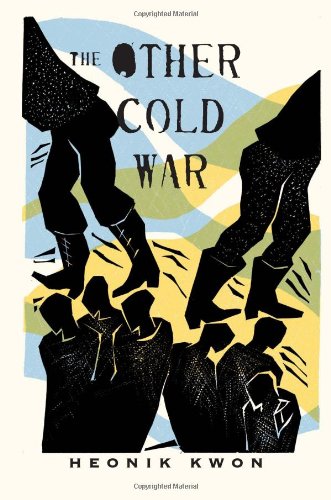

Most ebook files are in PDF format, so you can easily read them using various software such as Foxit Reader or directly on the Google Chrome browser.
Some ebook files are released by publishers in other formats such as .awz, .mobi, .epub, .fb2, etc. You may need to install specific software to read these formats on mobile/PC, such as Calibre.
Please read the tutorial at this link: https://ebookbell.com/faq
We offer FREE conversion to the popular formats you request; however, this may take some time. Therefore, right after payment, please email us, and we will try to provide the service as quickly as possible.
For some exceptional file formats or broken links (if any), please refrain from opening any disputes. Instead, email us first, and we will try to assist within a maximum of 6 hours.
EbookBell Team

4.1
90 reviewsIn this conceptually bold project, Heonik Kwon uses anthropology to interrogate the cold war's cultural and historical narratives. Adopting a truly panoramic view of local politics and international events, he challenges the notion that the cold war was a global struggle fought uniformly around the world and that the end of the war marked a radical, universal rupture in modern history.
Incorporating comparative ethnographic study into a thorough analysis of the period, Kwon upends cherished ideas about the global and their hold on contemporary social science. His narrative describes the slow decomposition of a complex social and political order involving a number of local and culturally creative processes. While the nations of Europe and North America experienced the cold war as a time of "long peace," postcolonial nations entered a different reality altogether, characterized by vicious civil wars and other exceptional forms of violence. Arguing that these events should be integrated into any account of the era, Kwon captures the first sociocultural portrait of the cold war in all its subtlety and diversity.
(Vol 87, No 5, 2011)